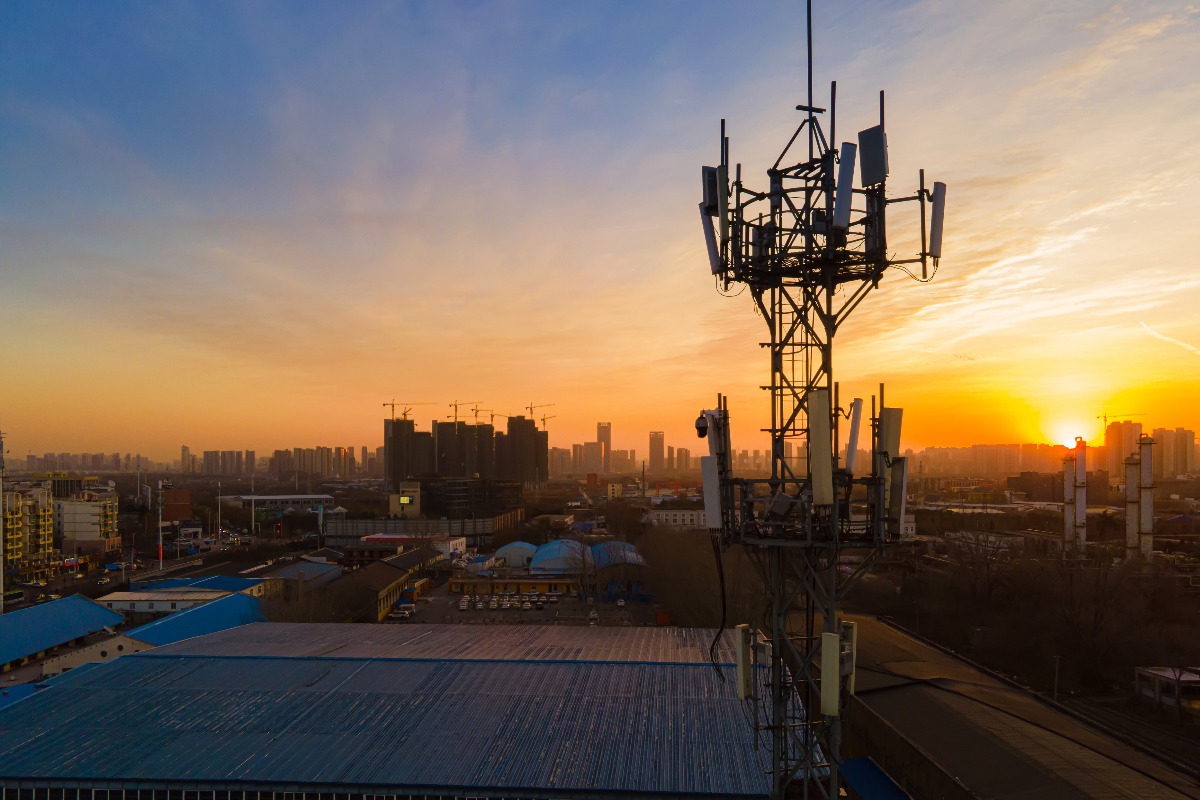
China is planning to roll out complete 6G mobile technology by early 2030, said China Unicom Chairman and Chief Executive Liu Liehong in late March. The country's third-largest wireless network operator company expects to launch early applications early in 2025.
China is home to the world’s largest internet user population and smartphone market. Also, Beijing has been conducting research and development on the technology since 2019. It's not a surprise that it has preceded its competitors. China was the first country to launch a 6G satellite into space in 2020, a massive technological breakthrough. Moreover, it has already built the world’s largest 5G mobile network, with more than 2.31 million 5G base stations deployed at the end of 2022.
It may seem a bit early to talk about 6G, considering that 5G networks are still being deployed worldwide, with many areas of the globe still using 4G, even 3G. However, it doesn't seem too early if we look at how quickly the technology has evolved from 1G to 5G in the past decades. The main difference between 6G and 5G will be in the speed and latency of the network. If the early targets are eventually met, 6G will have up to a hundredfold the capacity of 5G networks. However, how much faster 6G will be is still in question. For example, Samsung Electronics tested 6G tech 50 times faster than 5G.

Besides China, several countries took significant steps in developing their own 6G networks. India is gearing up to roll out high-speed 6G communication services by 2030, said Prime Minister Narendra Modi in mid-March. New Delhi has already set up a Bharat 6G project to identify and fund research and deployment of the technology in the country.
Singapore revealed its plan to develop a 6G network in 2021 as a part of a US$ 50 billion program to build a more resilient digital economy. The Southeast Asian city-state is currently collaborating with Finland’s University of Oulu on the research and development of the technology. According to experts familiar with the topic, it has a lot of potential in this aspect. We wouldn’t expect Vietnam to be on the list of the few countries developing a 6G network, but the Southeast Asian country announced last year that it would start researching the technology soon.
Obviously, the United States can’t afford to lag behind China in this crucial area of the tech war between the two superpowers. In addition to the fact that Washington began to develop the technology at home, it spends billions of dollars to support its allies – mainly Japan and South Korea – to compete with China. Seoul plans to launch the commercial 6G network service in 2028, two years faster than initially planned, according to the announcement of the country's Ministry of Information and Communication Technology in February 2023. If the ambitious goals are achieved, South Korea will become the first country to introduce commercial 6G network service. It’d also mean that Soul, a committed ally of the United States, would beat Beijing in this vital area of the tech race.
The author is a foreign policy journalist